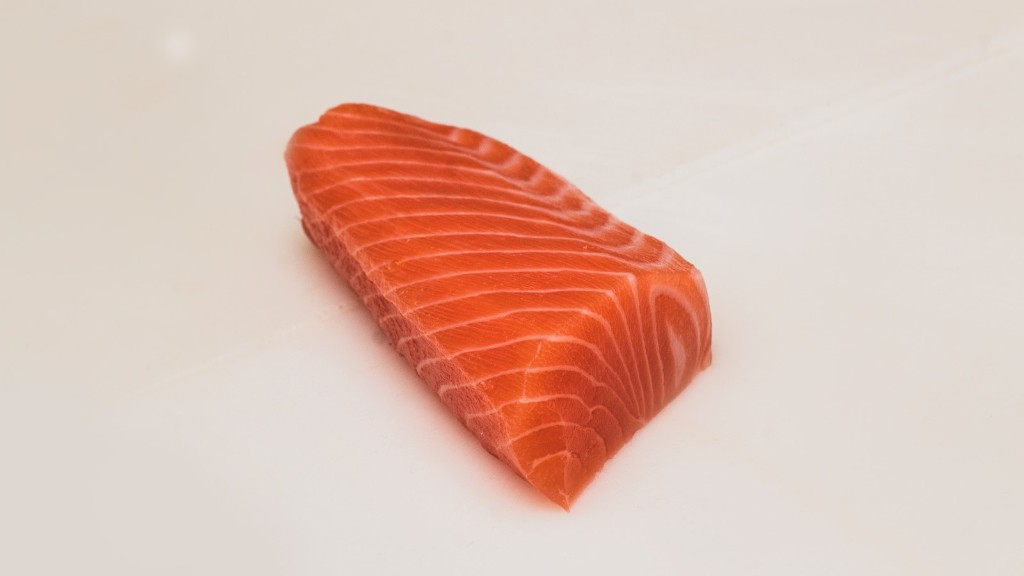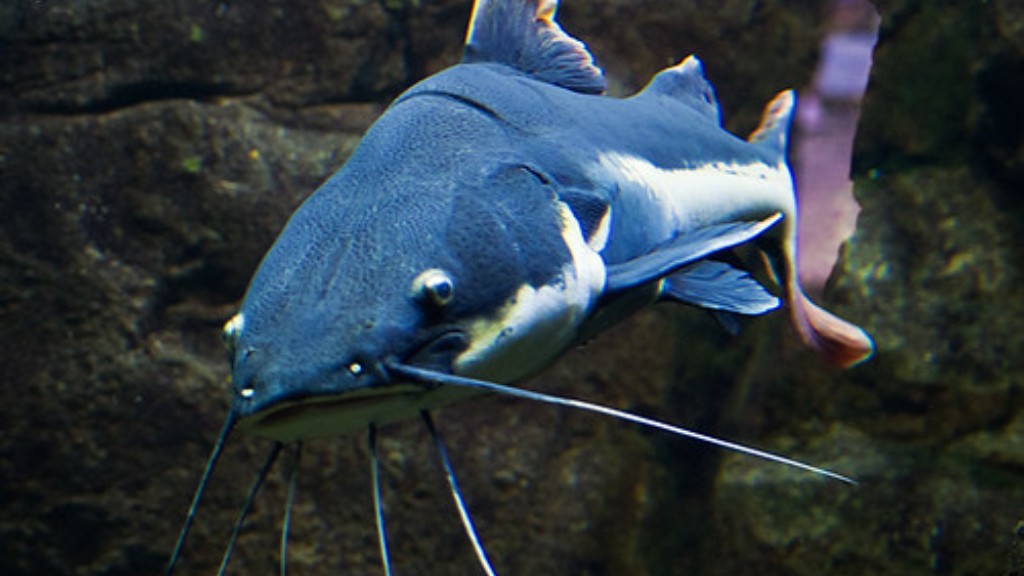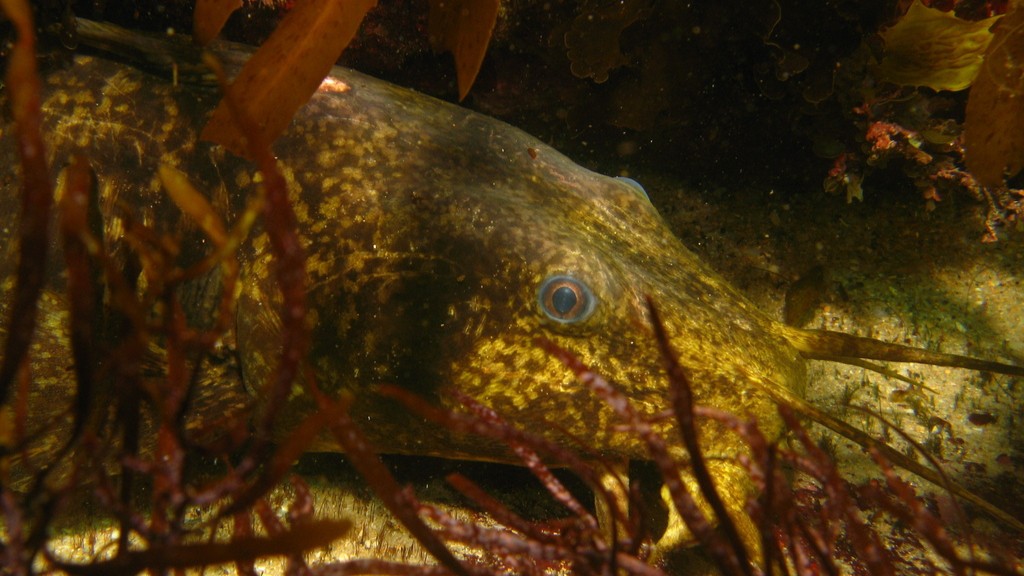Does Strong Fish Smell of Salmon Mean It’s Spoiled?
Introduction:
The olfactory sense plays a crucial role in determining the quality and freshness of food. A distinctive odor emanating from fish often raises concerns about its spoilage. One of the most recognizable scents associated with fish is the strong smell of salmon. However, it is important to ask whether this overpowering odor is an indication of spoilage or simply a characteristic of the fish. This article aims to explore the significance of the strong fish smell of salmon and its implications for the freshness of the product.
The Connection Between Odor and Spoilage:
1. The Role of Trimethylamine (TMA):
The strong odor associated with fish, including salmon, primarily originates from a compound called trimethylamine (TMA). TMA is a volatile organic compound produced during the breakdown of nitrogenous compounds, such as amino acids, in the fish. This compound is responsible for the distinctive fishy smell commonly detected in seafood products.
2. The Freshness Factor:
While the presence of TMA gives fish its characteristic odor, it does not necessarily indicate spoilage. Instead, the freshness of the fish should be assessed based on other sensory indicators, such as appearance and texture, alongside smell.
Factors Affecting the Strong Smell of Salmon:
1. Salinity:
The salinity of the water in which salmon is harvested can influence the intensity of its odor. Salmon caught in saltwater environments may have a more pronounced smell compared to those caught in freshwater due to the presence of additional compounds derived from the ocean.
2. Species Variation:
There are numerous species of salmon, each with its own distinct smell. For example, wild salmon tends to have a stronger smell compared to farmed salmon due to differences in diet and lifestyle. Furthermore, variations in processing methods and regional characteristics can also contribute to differences in odor.
3. Handling and Storage Techniques:
The handling and storage practices employed after harvesting can significantly impact the smell of salmon. Proper handling, including prompt chilling after catch, can help minimize the development of unwanted smells. Conversely, mishandling, such as delays in refrigeration or improper storage conditions, can accelerate spoilage and intensify the fishy odor.
Assessing the Freshness of Salmon:
1. Visual Examination:
The appearance of salmon is an essential factor when assessing freshness. Look for eyes that are clear and not cloudy, gills that are bright red, tight and shiny scales, and firm flesh that springs back when touched.
2. Touch Test:
When lightly pressed, fresh salmon should feel firm and resilient. Any sliminess or sponginess may indicate spoilage.
3. Smell Assessment:
While a strong fish smell is characteristic of salmon, it should not be overwhelming or foul. The smell should be reminiscent of the ocean without any putrid or ammonia-like odors.
Risks and Precautions:
1. Histamine Poisoning:
Consuming spoiled fish, including salmon, can pose health risks. Histamine poisoning, also known as scombroid poisoning, can occur when certain bacteria break down the amino acid histidine into histamine. This process can result in symptoms such as a rash, headache, and gastrointestinal distress. It is important to handle and store fish properly to avoid bacterial growth and histamine formation.
2. Allergies:
Some individuals may be allergic to fish, including salmon, and may experience adverse reactions even when the fish is fresh. It is crucial to be vigilant and aware of any potential allergies or sensitivities when consuming seafood products.
Conclusion:
In essence, the strong fish smell of salmon can be indicative of the fish’s characteristic odor profile but does not necessarily signify spoilage. Rather than relying solely on odor, it is essential to consider other sensory factors, such as appearance and texture, to assess the freshness of salmon. Proper handling, storage, and careful observation of visual and tactile cues are critical in ensuring the safety and enjoyment of this popular seafood product.





